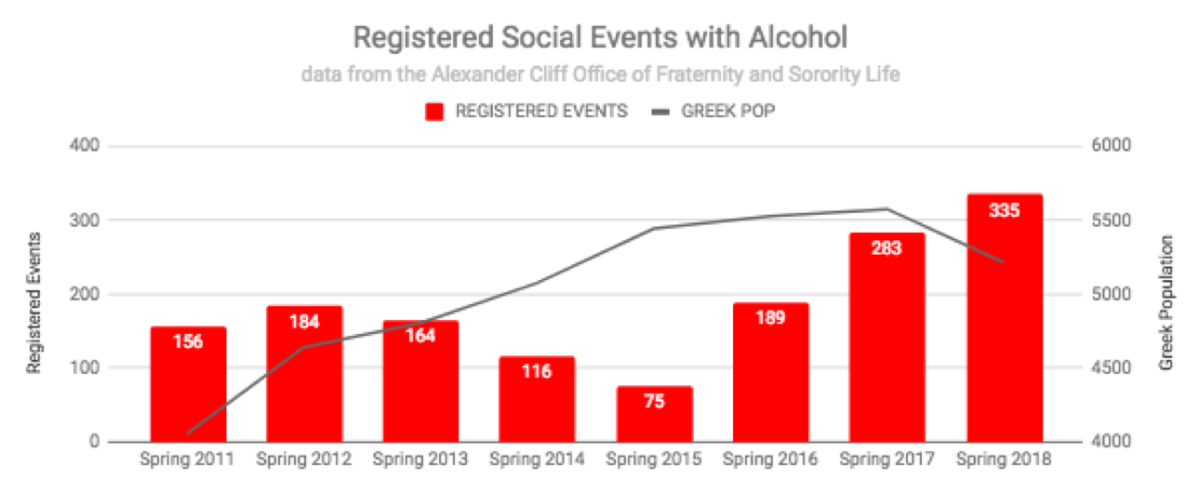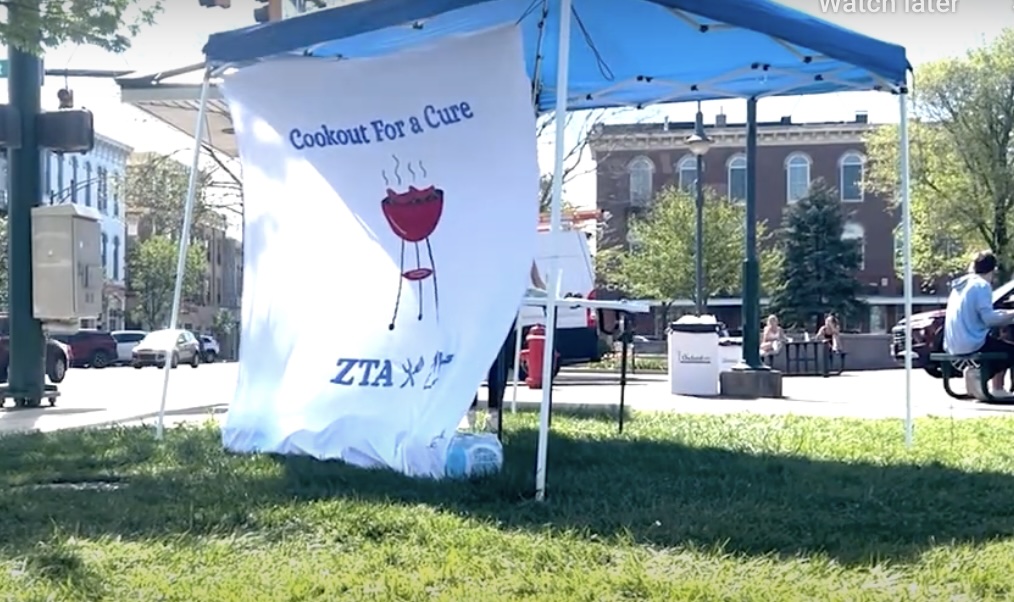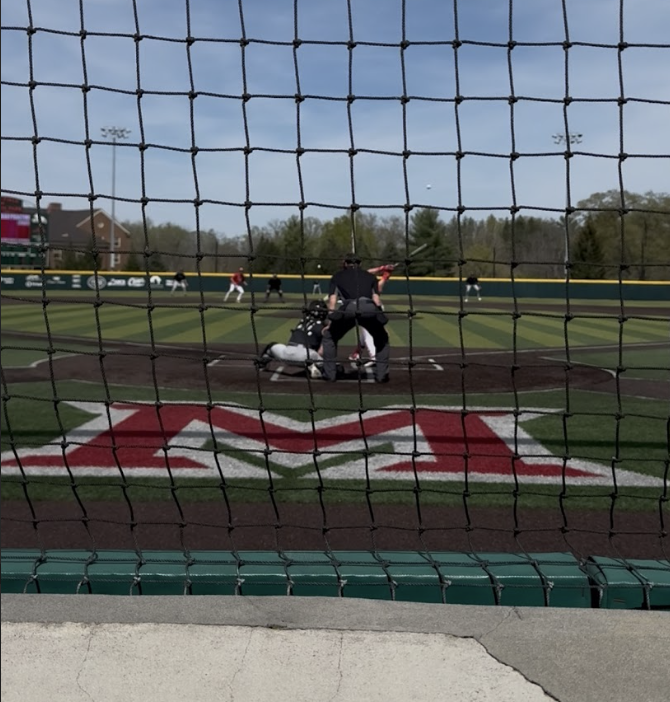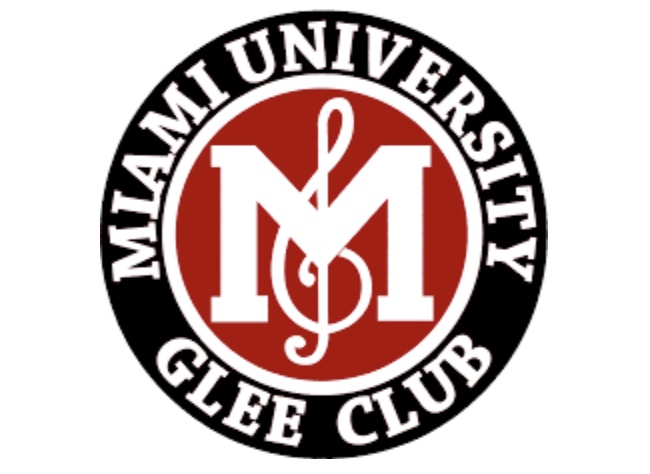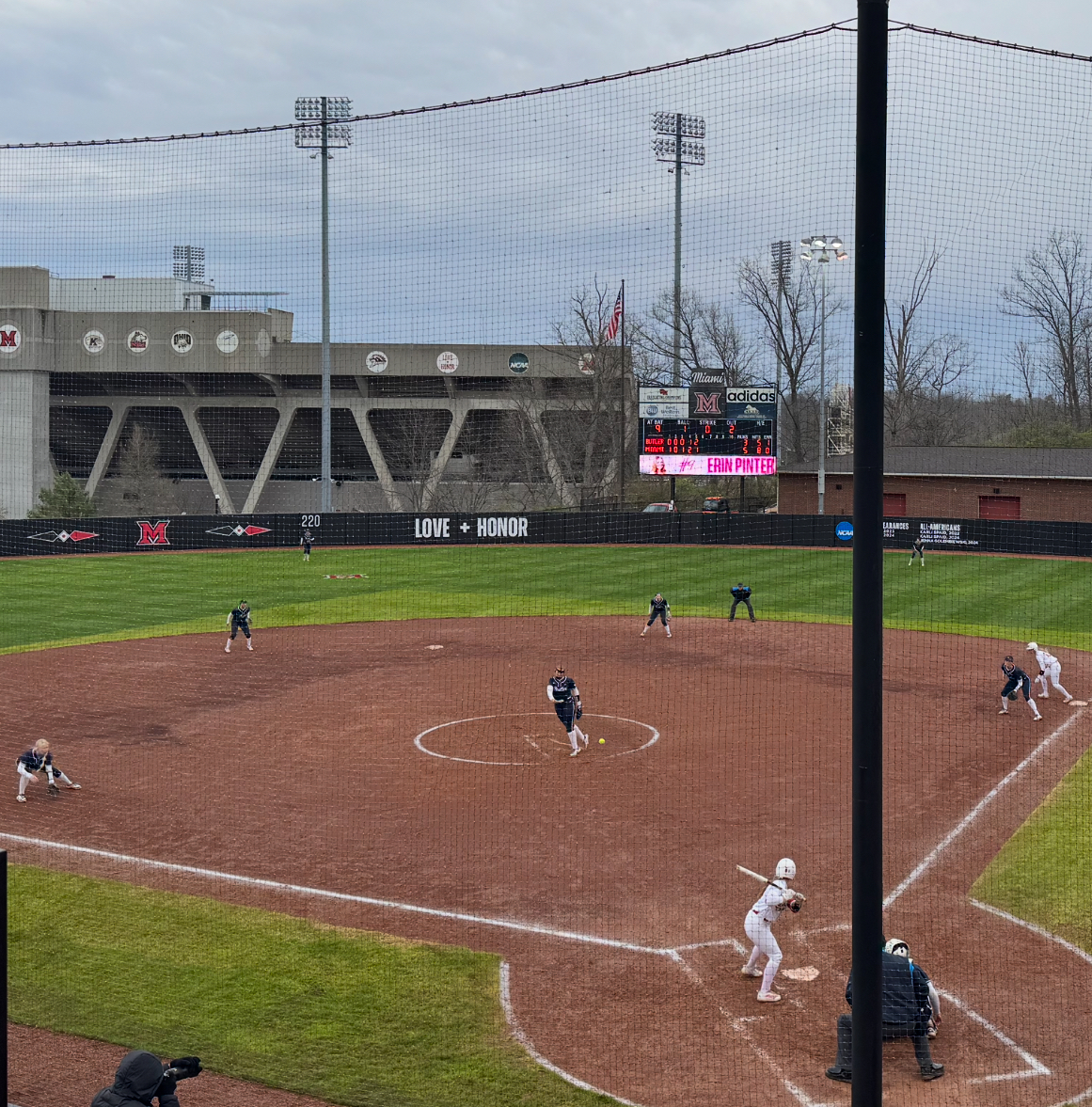After an odyssey of misconduct, Miami Greeks appear to have shifted course on excessive partying.
Citations for prohibited use of alcohol by Greek organizations at Miami University have dropped from a decade high of 17 allegations in 2015, to a single incident last year, according to the Office of Student Life. Greek leadership banned hard liquor from all events last year, and overall citations have decreased for chapters by 74 percent over the past four years.
As well, over the past four years, the number events where alcohol was served, registered by the Greek organizations has quadrupled, from 75 in 2015, to 335 last spring. Devin Hall and other administrators at Miami’s Cliff Alexander Office of Fraternity and Sorority Life, point to this as evidence that the number of unsanctioned Greek events has declined.
Registered parties have an ambitious set of rules, requiring professional security, ID checks, closed guest lists, curfews, licensed bartenders, even city trash compliance. Many of these rules had existed before 2015, but previous student leaders had struggled with enforcement.
“Now there’s a large silent majority that just doesn’t tolerate some of the issues we’ve had in the past,” said Jack Haught, outgoing vice president of Miami’s Inter Fraternity Council. When Haught entered office in 2017 the liquor ban was fresh legislation, but now he says it’s “hard to deny the progress.”
Fraternities have been a Miami trademark since Alpha Delta Phi founded the first greek chapter “West of the Alleghenies” in 1833. Initially banned by the administration, Miami Greeks would go on to found five new “Alpha” chapters and eventually include roughly a third of Miami undergraduates.
While other universities have seen a decline or total suspension of Greek life in recent years, Miami has trended in the opposite direction. In addition to steady growth, Miami policies such as 2013’s “good Samaritan” amnesty and the liquor ban were years ahead of the national curve, with the North-American Interfraternity Congress only recently legislating similar procedures.
However, the effect of these policies remains under debate. Administrators at Miami’s Office of Student Life said the recent decline in drinking citations could reflect new case law that complicates charging students; administrators’ difficulty in distinguishing a “chapter event” from a group of Greeks; or perhaps even that students are getting sneakier.
However, Jenny Levering, director of the Cliff Alexander Office of Fraternity and Sorority Life and Leadership, said that she hears evidence of change every week, from gossip in the halls to her work with Greek-life students.
“We’re not hearing about 17 parties that happened, we’re hearing about one or two,” she said, listing her daily interactions with Greek students. “Whether it shows up in the citation data or not, it’s still fewer.”
In 2010, Miami made headlines after off-campus Greek events trashed several hotels and The Cincinnati Underground Railroad Museum. In response, Greek leaders crafted new social policy for these events, regulating everything from transportation to drink specials. But other problems persist: over the past decade, 23 confirmed cases of hazing have resulting in the suspension of nine fraternities.
The 2017 liquor ban championed by former Greek presidents Cameron Snyders and Annie Weidner was followed by the by the suspension of all fraternity recruitment last spring due to hazing. Six Miami chapters received cease-and-desist letters from their national organizations. Ultimately, only one fraternity, Sigma Alpha Epsilon, was found responsible.

However, after three consecutive years of double-digit hospitalizations following sorority rush, 2018 recruitment also concluded with zero Greek students hospitalized due to alcohol, according to Scott Walter, assistant vice president for student affairs, who credited the liquor ban.
“We’ve actually got a group of student leaders who are being leaders, and that wasn’t the case three years ago,” said Walter, who predicts that if the good leadership continues, the progress in drinking culture could spread to hazing. After eight years of overseeing student conduct, Walter thinks it’s too soon to claim victory. “I think it’s a great sign, but I think we’re in the first year of something that will take three or four.”
Three days ahead of his retirement as IFC Vice President, Jack Haught said he was optimistic that the progress will spread beyond student leaders to a new generation of underclassmen, and to the to the satisfaction of skeptics.
“We’re really at the precipice of the change,” said Haught. “It’s coming down to the individual members’ decisions—they’re going to swing the dial either way and I’m confident that we’ll go in the right direction.”


